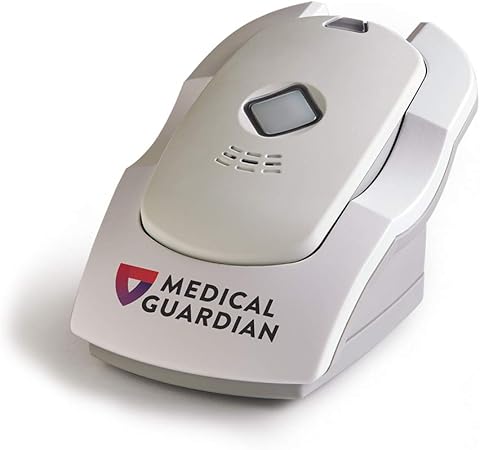We rely on our smartphones and in-car GPS systems for everyday navigation, but their true value shines brightest during emergencies. A sudden medical event, a car breakdown in a remote area, or a natural disaster – these situations can be terrifying, but a reliable GPS navigator can be a lifeline, guiding you to safety and potentially saving lives.
Faster Emergency Response with Precise Location Sharing

One of the most critical benefits of GPS navigation in emergencies is the ability to quickly and accurately share your location with emergency services. Imagine being stranded on a desolate highway at night. Trying to describe your exact location verbally to a dispatcher can be challenging and time-consuming, potentially delaying crucial help. With a GPS navigator, you can simply relay your precise coordinates, significantly reducing response times. Many modern systems integrate directly with emergency services through features like automatic crash notification or SOS buttons, automatically sending your location data when an accident or other emergency is detected. This immediate location sharing can be the difference between life and death.
Finding the Nearest Help: Hospitals, Police Stations, and More
Beyond contacting emergency services, a GPS navigator allows you to quickly identify and navigate to the nearest hospital, police station, fire station, or other relevant facilities. This is particularly useful in unfamiliar areas or during widespread emergencies where standard routes might be blocked or inaccessible. The ability to rapidly find the closest appropriate assistance is invaluable when seconds count.
Navigating Around Obstructions and Road Closures

During natural disasters or major incidents, roads can become impassable due to flooding, debris, or closures. A real-time GPS navigator, updated with current traffic and road condition information, can dynamically adjust your route, guiding you around obstacles and finding alternative paths to reach safety. This real-time information updates constantly to adapt to ever-changing circumstances.
Staying Connected in Remote Areas
Cell service can be unreliable or nonexistent in remote areas, making communication with emergency services challenging. While GPS navigation requires a signal to initially locate you, many devices allow for offline map usage, ensuring you can still navigate even without cellular connectivity. This feature becomes incredibly important when venturing into areas with unreliable cell service or during widespread outages caused by natural disasters.
Planning Evacuation Routes

In the face of impending natural disasters like hurricanes or wildfires, GPS navigation can be essential for planning evacuation routes. You can pre-program the route to a designated safe zone or shelter, ensuring a smooth and efficient evacuation. Knowing the route in advance reduces stress and confusion during a chaotic situation.
Other Important Considerations

While GPS navigators are incredibly helpful, it’s important to remember that they are not foolproof. Always ensure your device has a reliable power source, either through a car charger or a fully charged battery. Regularly update your maps to ensure you have access to the most current road information. Consider investing in a device with offline map capabilities for areas with unreliable cell service.
Finally, familiarize yourself with your device’s features, including emergency contact options and how to share your location effectively. Knowing how to utilize these features before you need them is crucial for a quick and effective response during an emergency.
Beyond Navigation: Added Safety Features
Many modern GPS systems come equipped with additional safety features that can be particularly helpful in emergencies. Some offer features like:
- Automatic Crash Notification: Detects a collision and automatically contacts emergency services, sending your location.
- SOS Buttons: Provides a single-button access to emergency services, even if the device is locked.
- Roadside Assistance Integration: Directly contacts roadside assistance services, providing your location for faster help.
- Weather Alerts: Receives real-time weather updates and alerts, helping you avoid dangerous conditions.
These features can greatly enhance safety and response times in emergency situations. Make sure to investigate these extra features when considering a GPS navigator for your vehicle or smartphone.
In conclusion, a reliable GPS navigator is no longer just a convenient tool for everyday navigation; it’s a vital piece of safety equipment. Its ability to rapidly share your location, direct you to help, and guide you around obstacles can make a profound difference in emergency situations. By understanding its capabilities and familiarizing yourself with its features, you’ll be better prepared to navigate any unexpected challenge and ensure your safety and the safety of others.